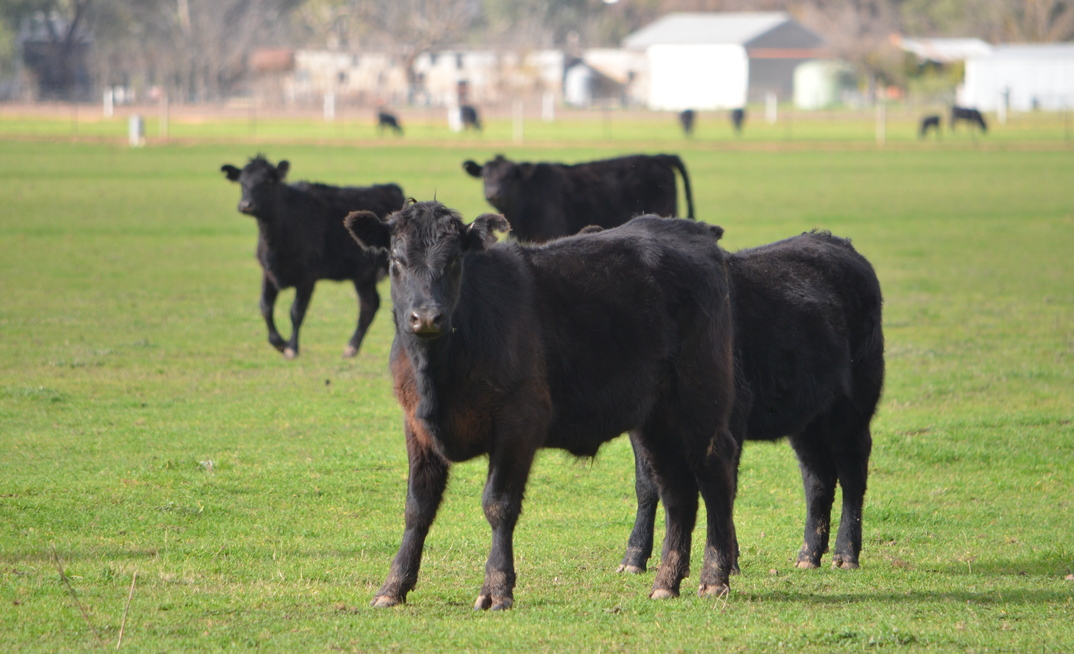CATTLE Australia (CA) has urged regulators to update their greenhouse gas (GHG) emission calculations to reflect the science on beef cattle emissions.
"The beef industry is unique, in that methane is the largest attributable greenhouse gas to our sector, not carbon dioxide," Cattle Australia chief executive officer, Dr Chris Parker said.
"It is important to recognise that notwithstanding their warming effect, methane emissions are part of a 12-year, short-lived biogenic cycle and therefore have a different impact on global warming than emissions from fossil fuels which are additional to the atmosphere and persist for thousands of years, if not millennia."
A 2023 report from the CSIRO, Pathways to climate neutrality for the Australian red meat industry, recognised that different targets are needed for different types of emissions in order to measure the industry's progress towards achieving a state of climate neutrality.
YOU MIGHT ALSO LIKE
"Cattle Australia supports a target to be climate neutral, a point at which emissions from the beef industry will have no additional impact on global temperature rise," Dr Parker said.
"The Australian beef supply chain has shown its commitment with significant contributions towards mitigating its emissions and will continue to do so, with large sections of the industry already sequestering more CO2 than they produce.
"Given the scale of Australian grazing land, beef producers also have the ability to sequester carbon in vegetation and soil like no other sector."
RISKY BUSINESS
But Dr Parker said current methodologies risk policy missteps and unfair burdens on a critical sector of the economy.
"These risks will potentially involve costly interventions and greater difficulty accessing financial services, which would have direct implications on production costs and asset values," Dr Parker said.
He said the beef industry was an important part of the solution to stabilise global warming but was being stymied by a national accounting method that did not reflect the complexity and opportunity of grass-fed enteric methane.
"There is a lack of understanding regarding the net position of grass-fed enteric methane emissions, and we are only partially measuring the emissions versus sequestration equation (CO2 capture through biomass)."
Dr Parker said the beef industry has specific nuances when it comes to GHG emissions, and there needs to be more work done to understand the biogenic nature of methane emissions from grass-fed cattle and the manner in which this contributes both to net GHG emissions and to atmospheric warming.
"It is crucial Government and industry research efforts are in sync, and producers have access to accurate data on the net effect of both their CO2 and their methane emissions – something which is currently missing.
"There is a real opportunity here to further display the benefit of red meat production in Australia to the environment, while considering the importance of food security, nutritional security, and the societal role of meat."
























